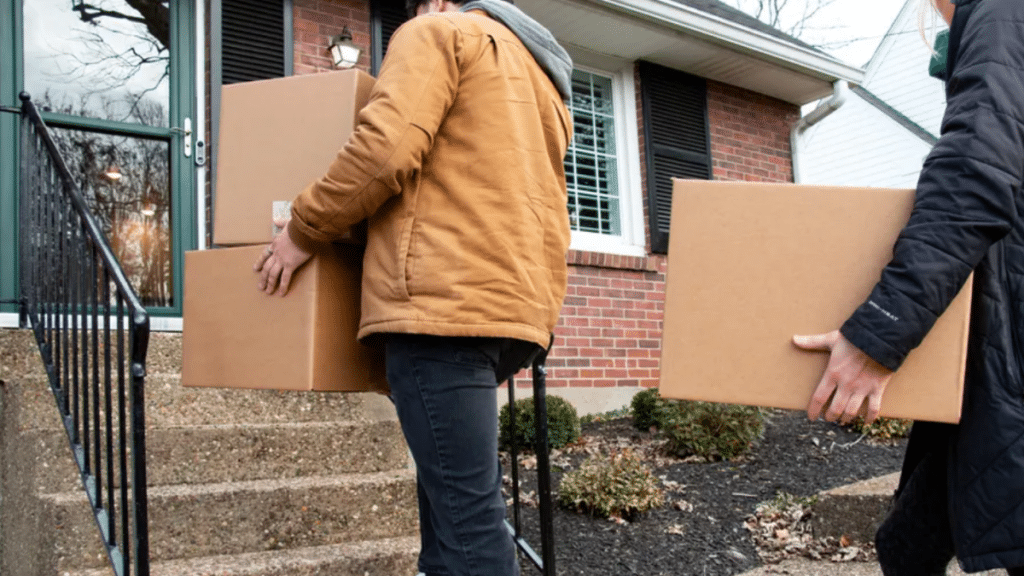Setting a Budget and Planning Early
Although moving might be costly, it doesn’t have to be unaffordable. One of the first steps to driving on a budget is setting a realistic budget and starting your planning early. Begin by researching average moving costs for your area and circumstances. Are you moving across town, state, or country? Each scenario comes with different expenses. By allowing yourself ample time to prepare, you can avoid last-minute costs that add up quickly. Using services like moving services can help you get a grasp of typical moving expenses and budget accordingly. Preparing a detailed checklist can help you stay on track and ensure no costs are overlooked. This process will enable you to allocate funds ahead of time rather than dipping into savings at the last minute.
Declutter and Downsize
Decluttering and reducing your belongings is one of the best methods to save money on your relocation. Decluttering helps reduce the number of items that need to be moved, which can cut down both the cost and the hassle. Start by going through each room and sorting items into categories: keep, donate, sell, and trash. You may earn additional money by having a garage sale or selling something on Craigslist. Giving something to charity or similar organizations can also be a wise decision. It not only lightens your load but might also provide a tax deduction. Make sure to get a donation receipt to benefit during tax time.
Free and Inexpensive Packing Materials
To save on packing costs, consider using free boxes from local stores and community boards and reusing household items like linens, towels, and old newspapers. Additionally, consider using vacuum seal bags for clothes and turning baskets and suitcases into containers. These cost-saving tips can help you save on moving expenses and maintain a budget.
DIY Moving Options
Consider self-moving to reduce expenses by hiring friends and renting a vehicle. Book in advance for the best rates with companies. Use tips like smaller trucks or off-peak days. Budget for fuel and potential tolls along the route. Planning the most efficient route can also keep costs down.
Utilizing Community Resources
Local communities provide resources to save money on moving, such as utility company discounts, community bulletin boards, and websites. These forums offer discounts and giveaways, while neighbors can provide assistance with packing or lifting heavy items, making the process more communal and less strenuous.
Tax Deductions for Moving Expenses
The IRS can claim tax-deductible moving expenses, such as transportation and lodging, for new jobs at least fifty miles away. Keep receipts and consult a tax advisor to determine what deductions can be claimed. Knowledge of these deductions can provide a financial break during a potentially costly relocation.
Coordinating with Movers
To minimize costs, plan your move during off-peak hours, such as the middle of the week or month, when moving firms often offer discounts. Get multiple estimates, compare services and costs, and negotiate for better deals. Clear communication with movers can streamline the process and prevent hidden costs. These tips will ensure a cost-effective move.
Final Thoughts
Planning, creative solutions, and utilizing resources can make moving smooth and affordable. Start early, set a budget, declutter, and understand tax deductions for an efficient, budget-friendly move.
